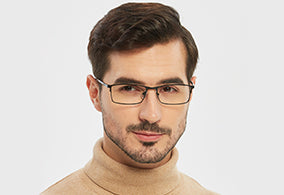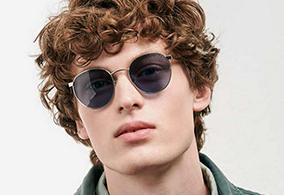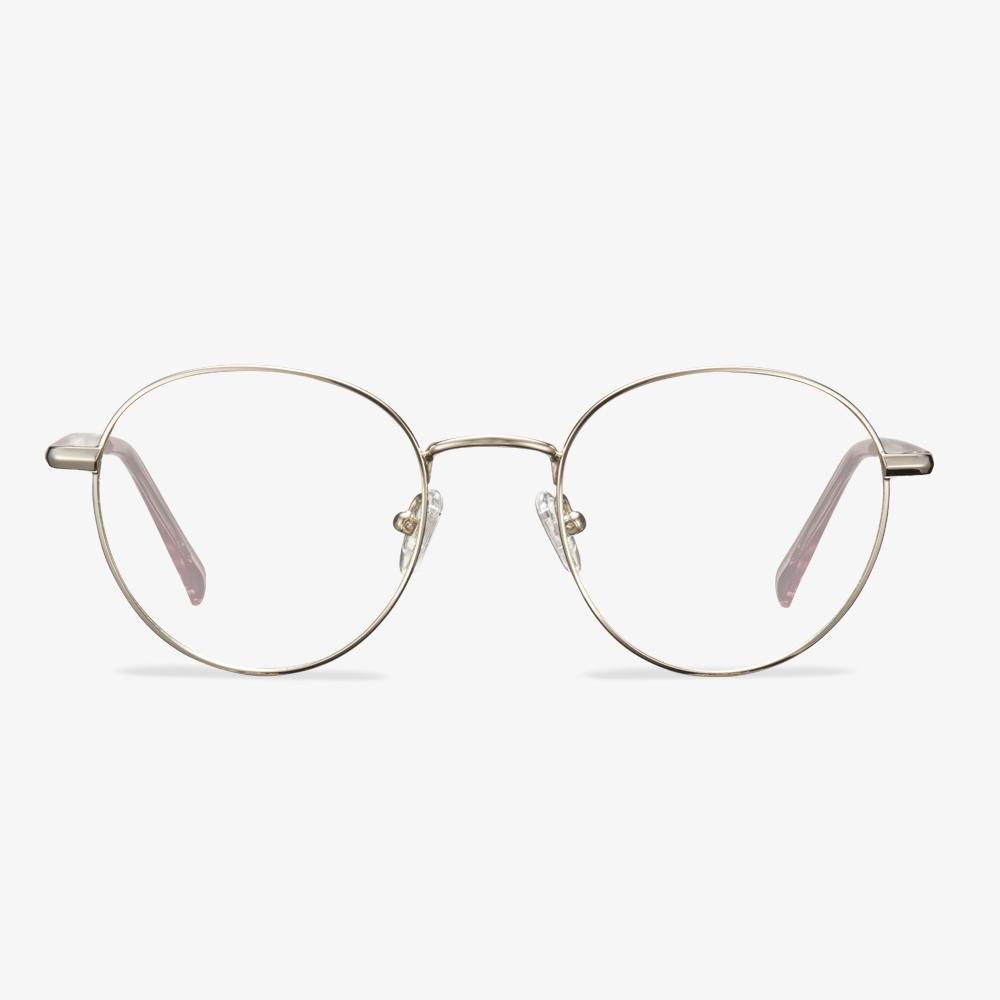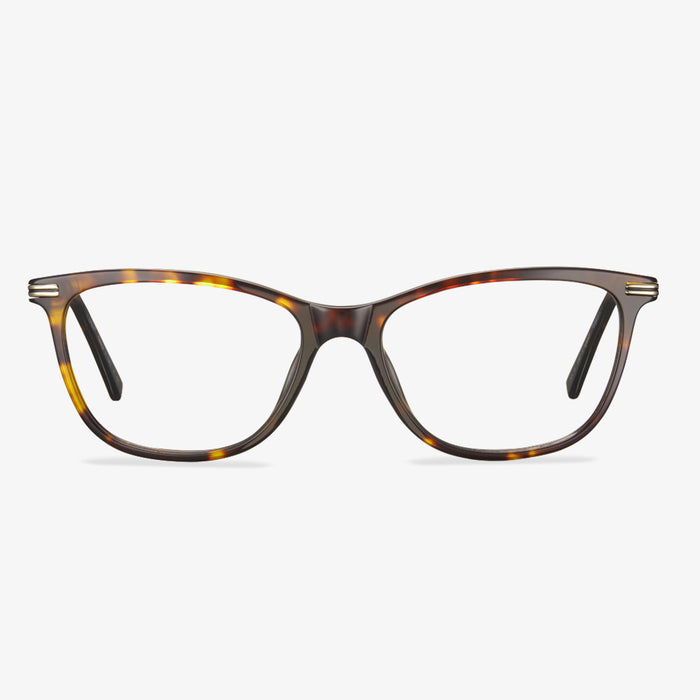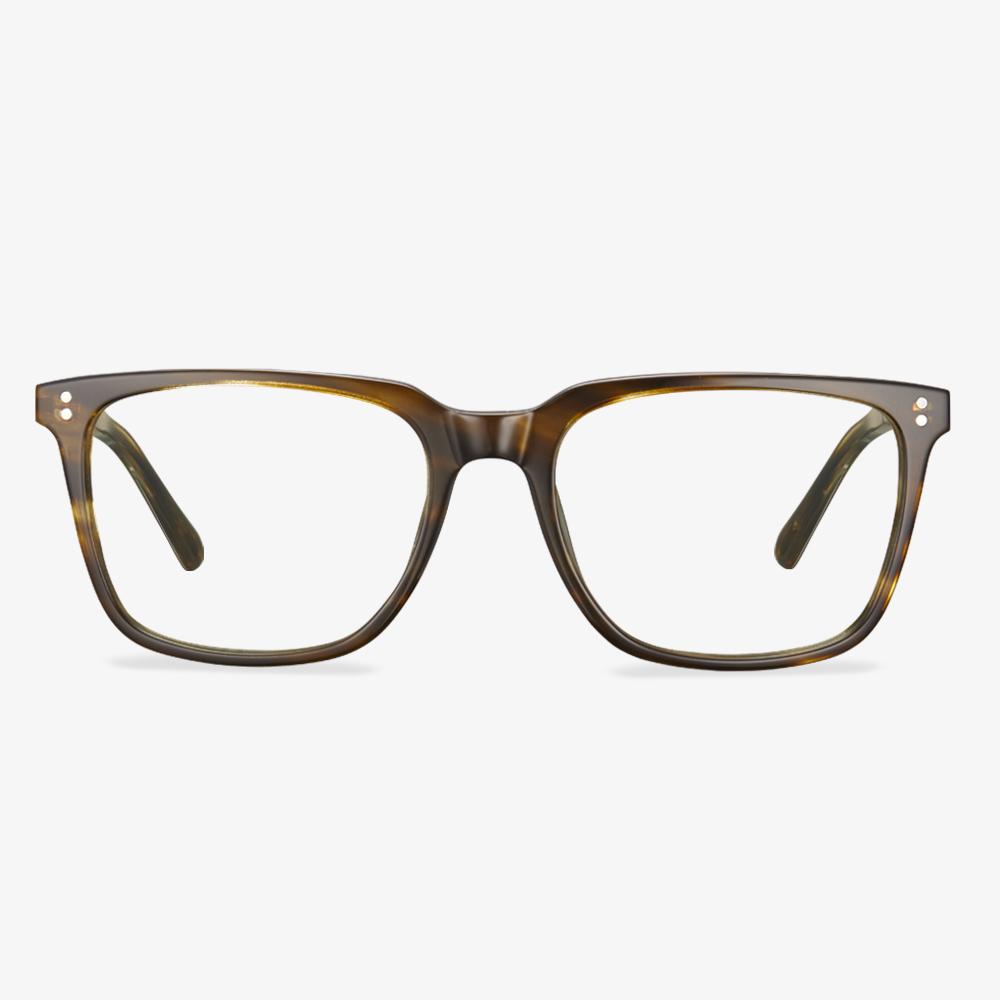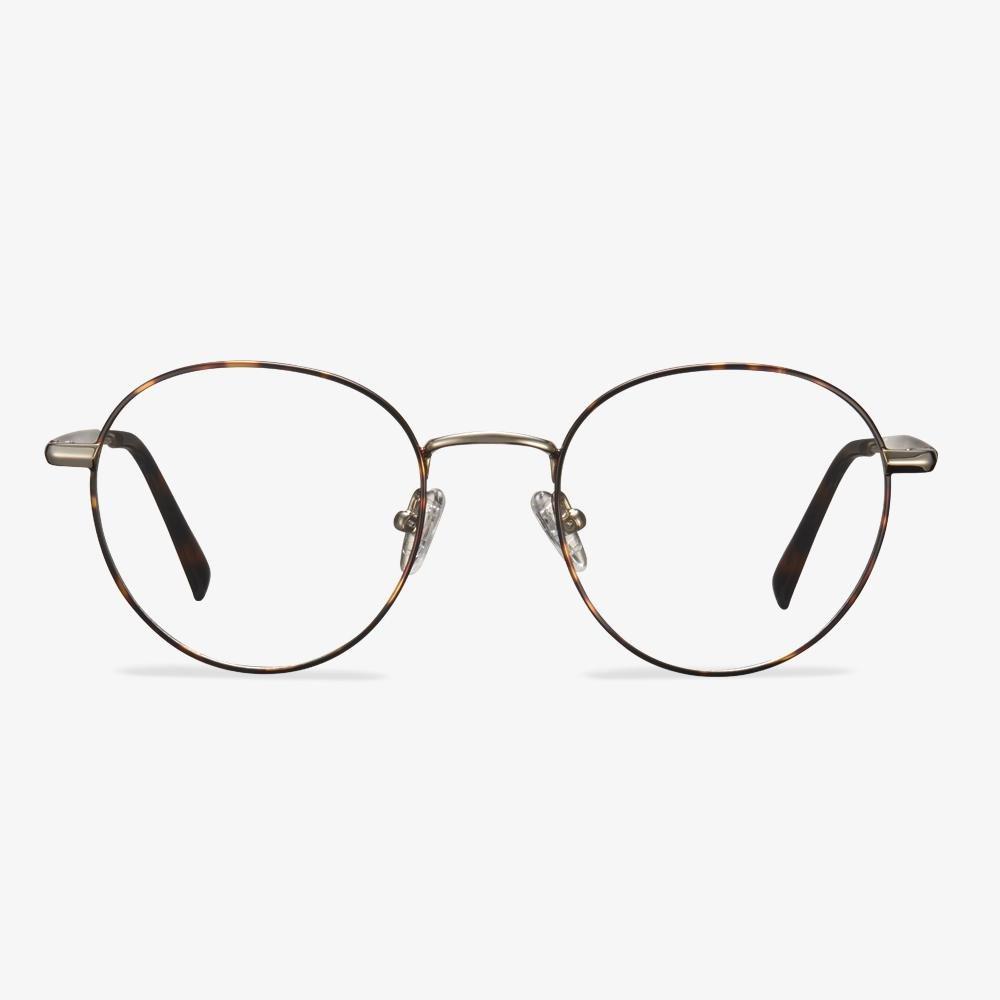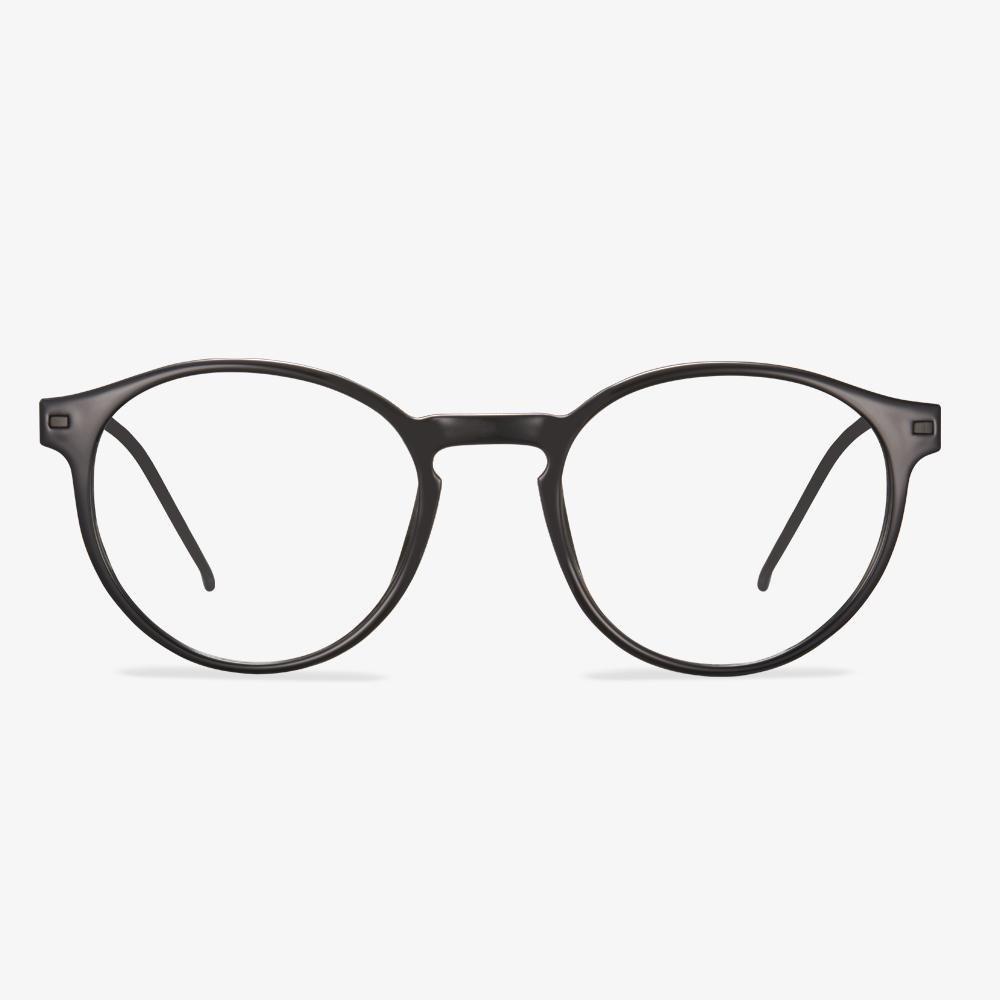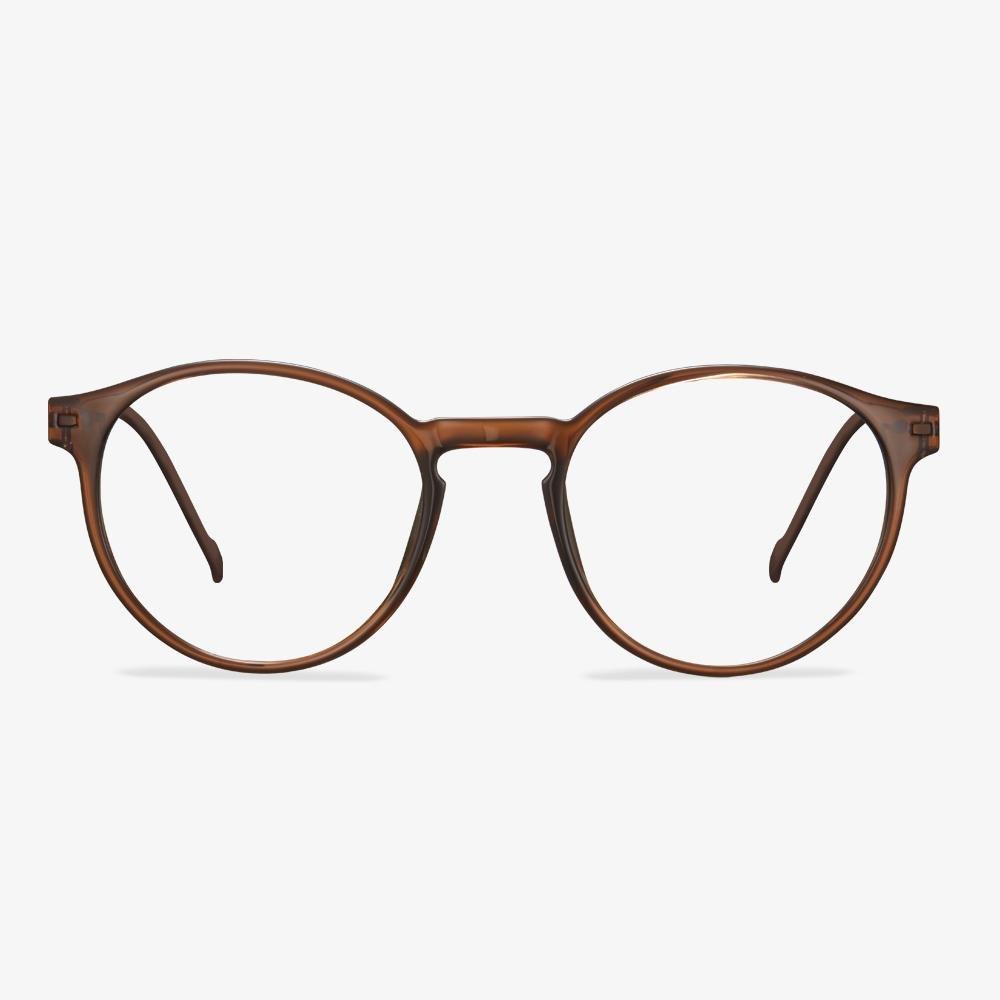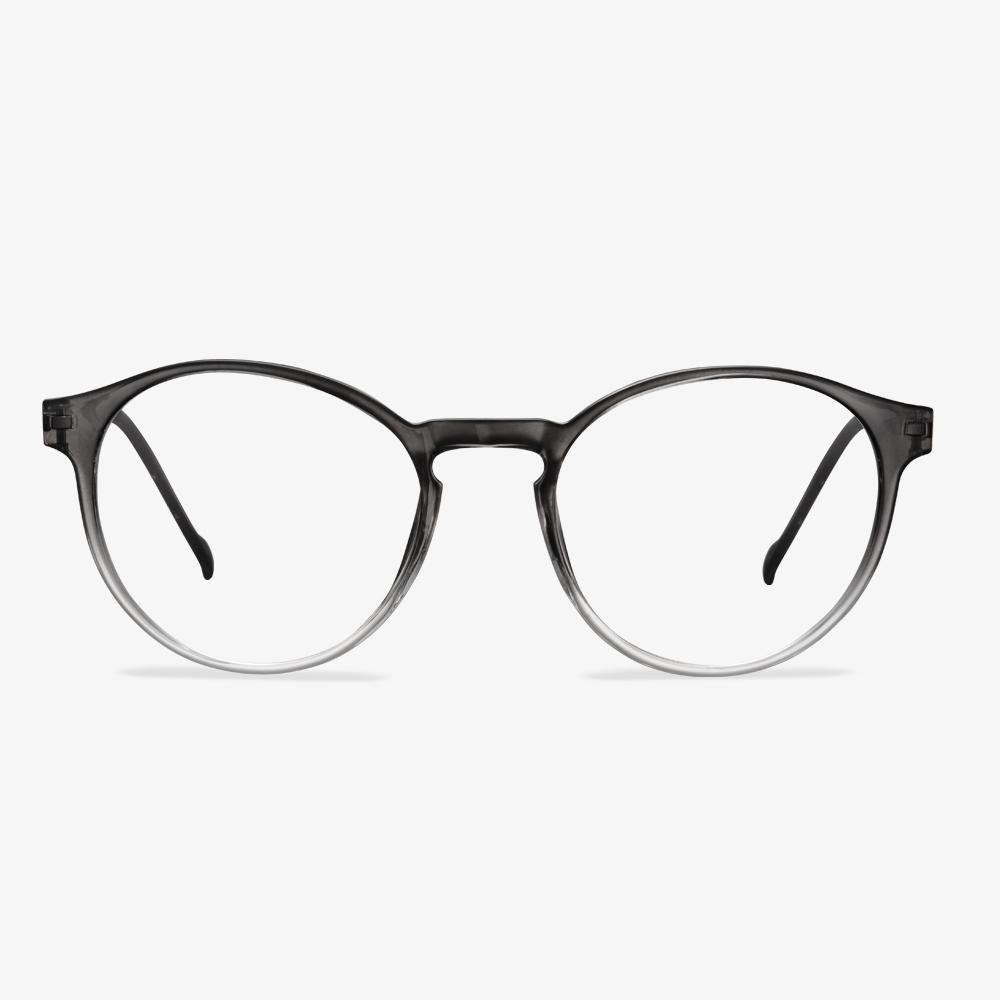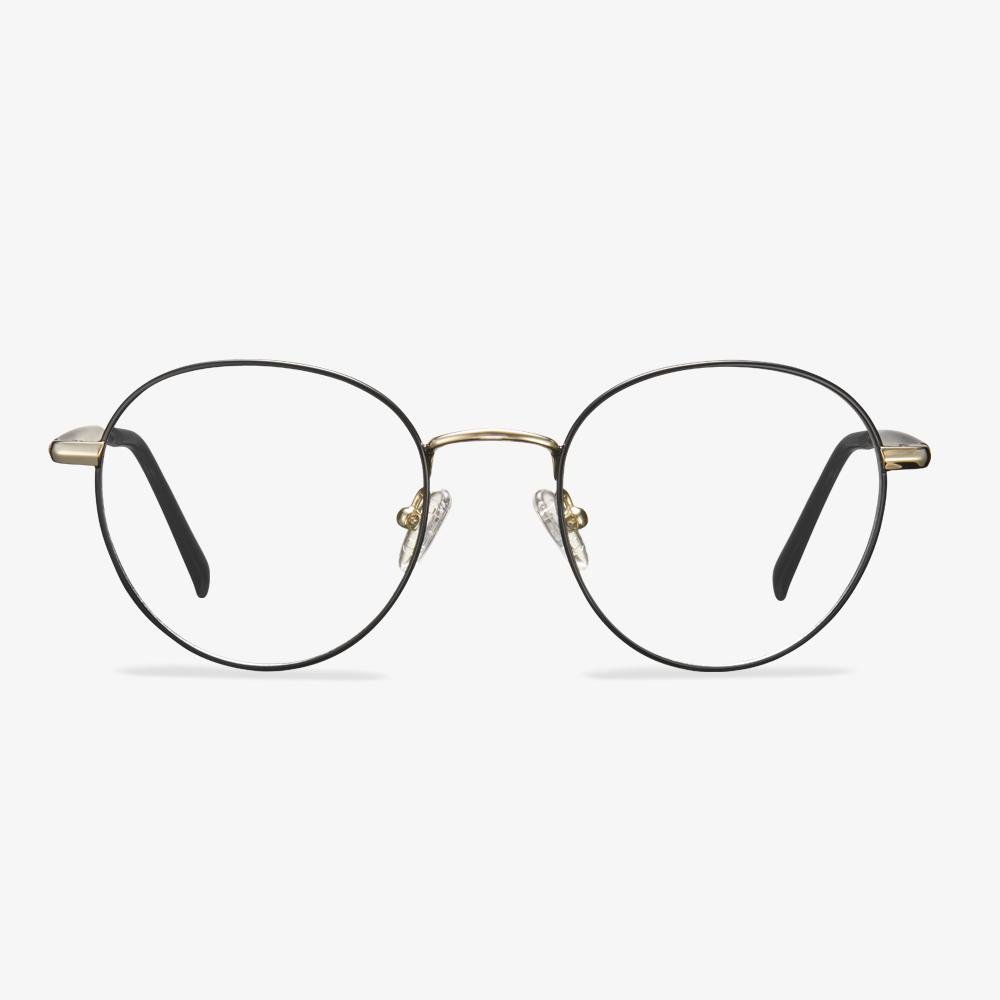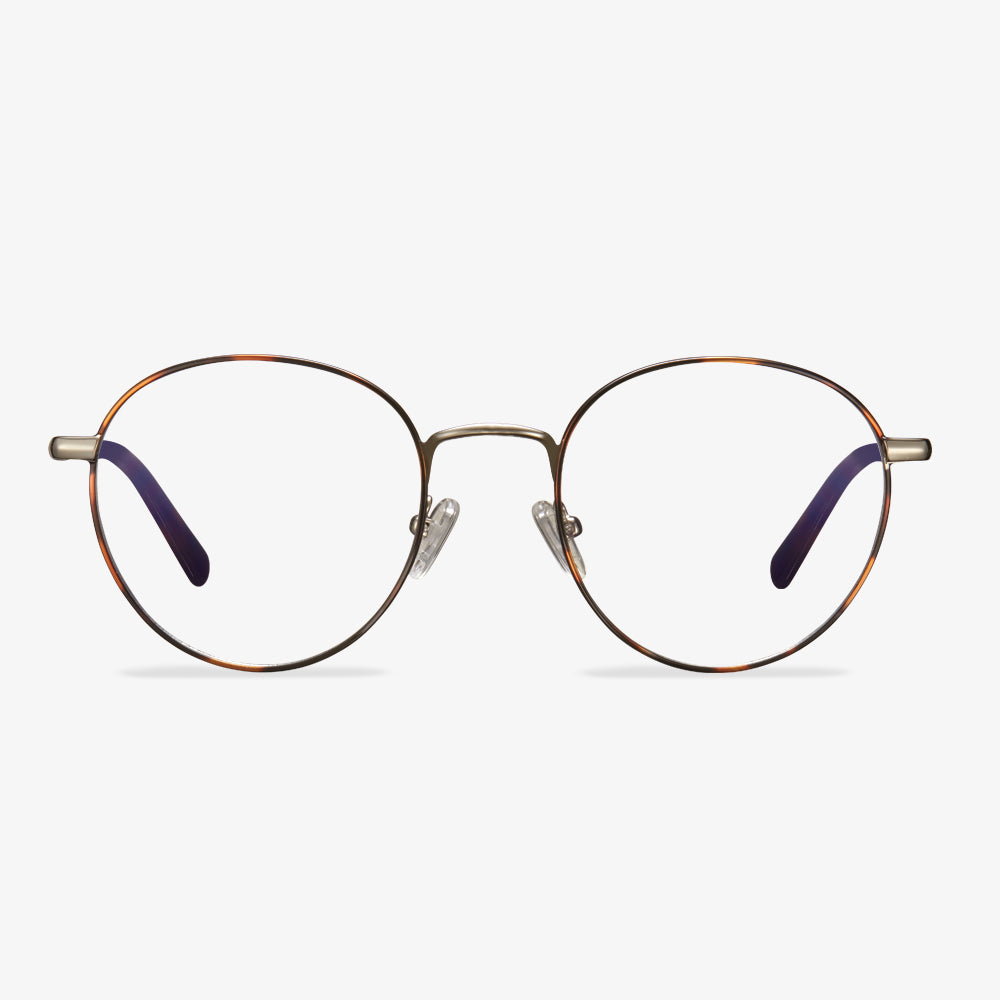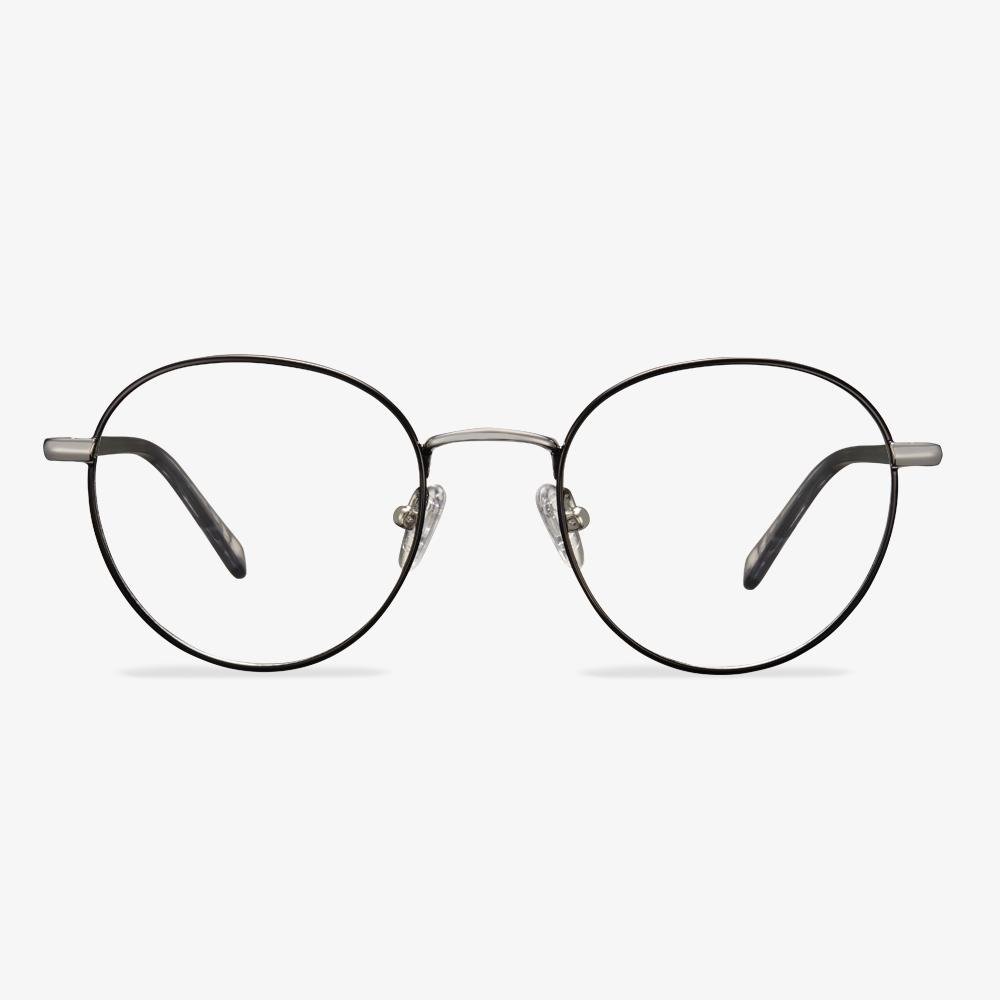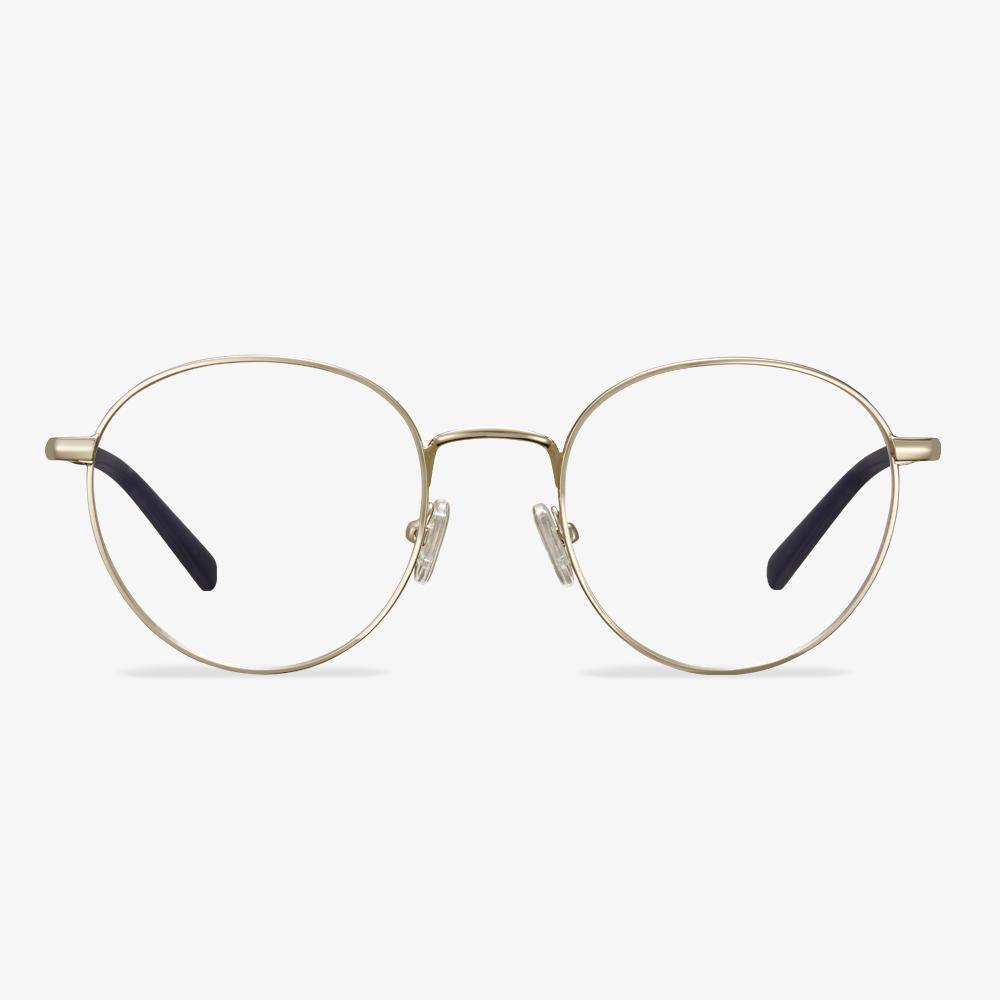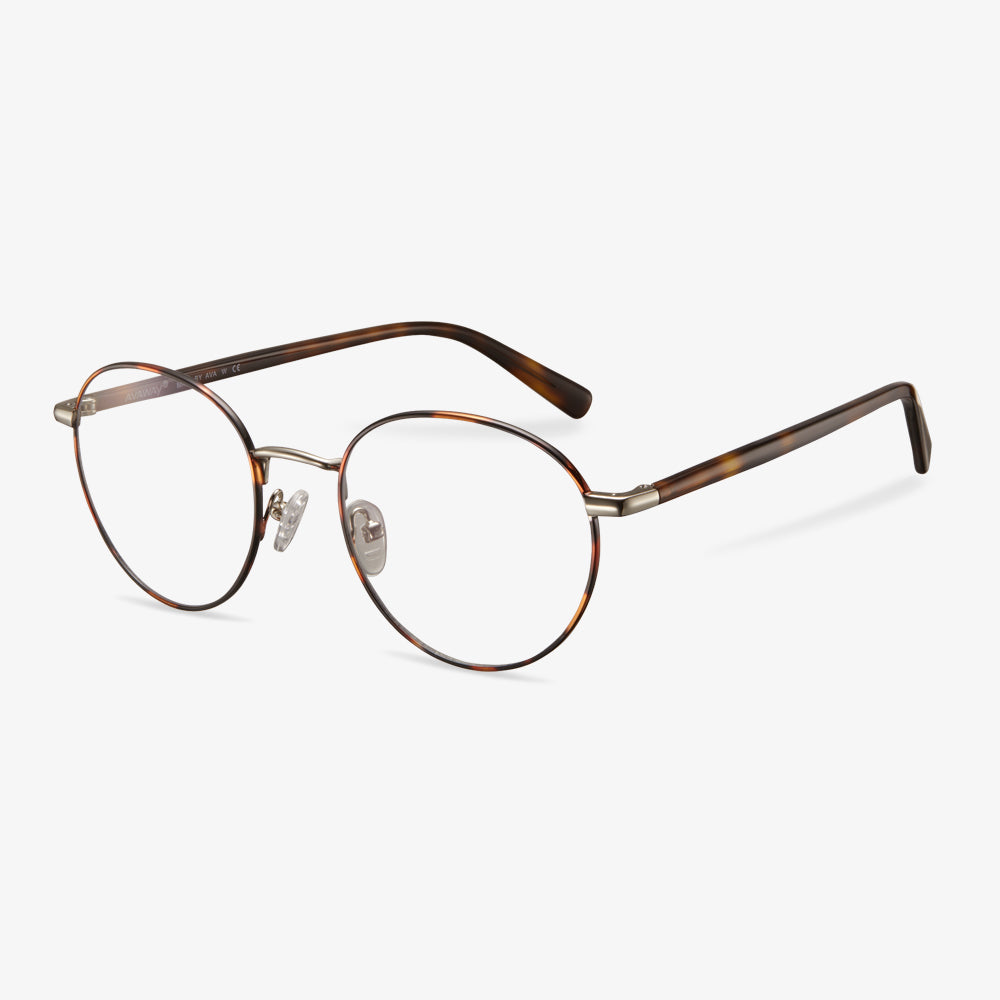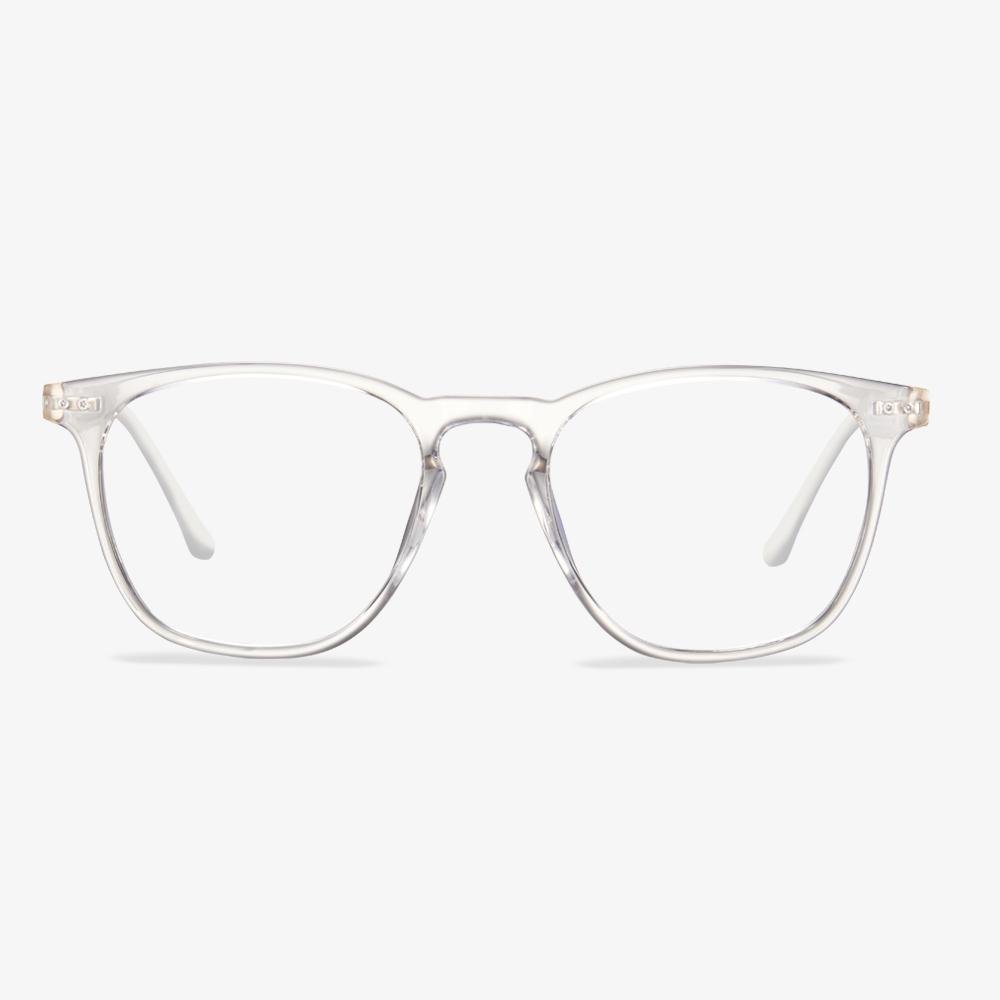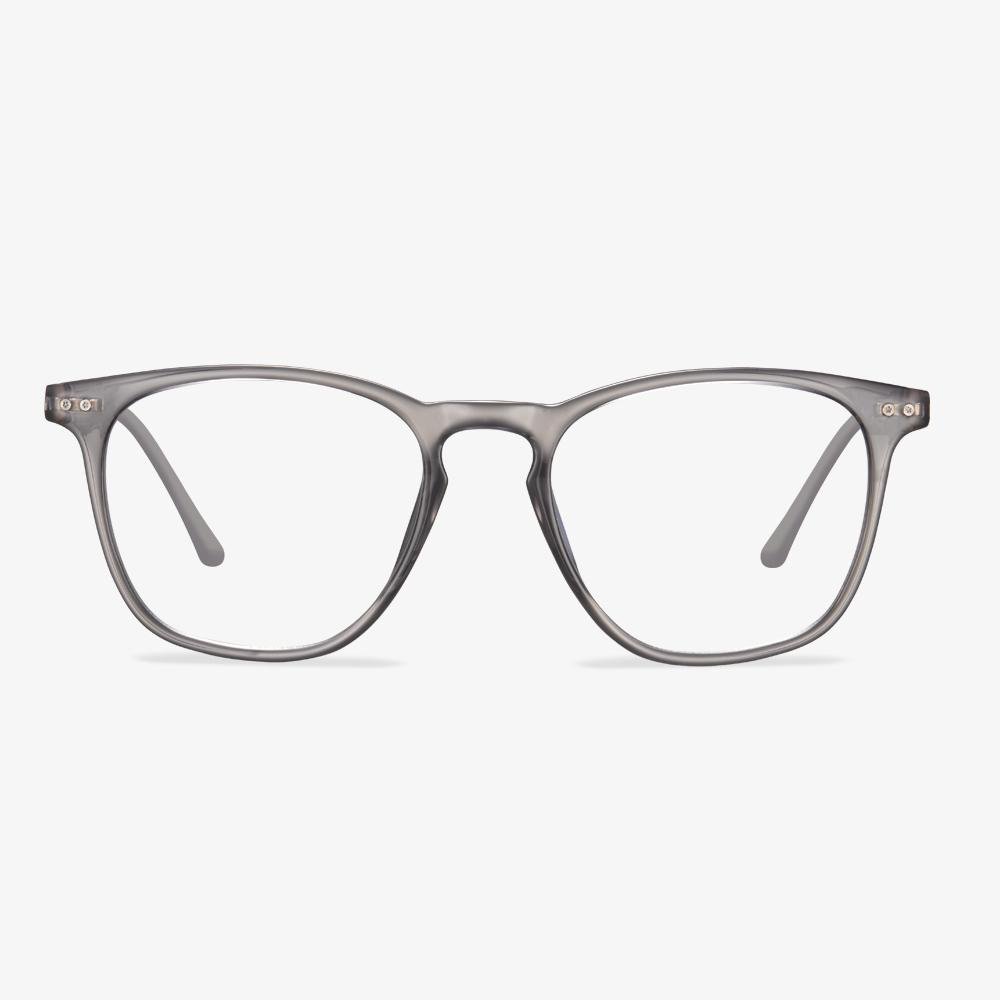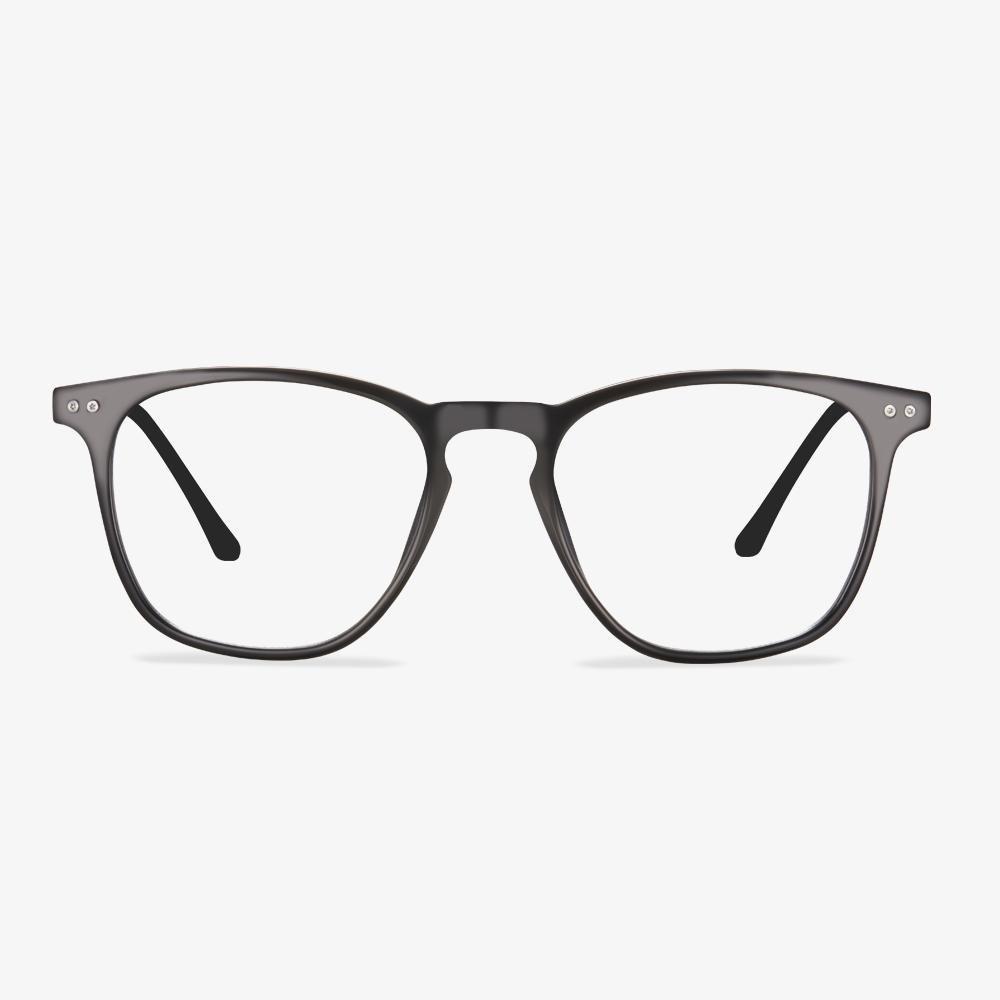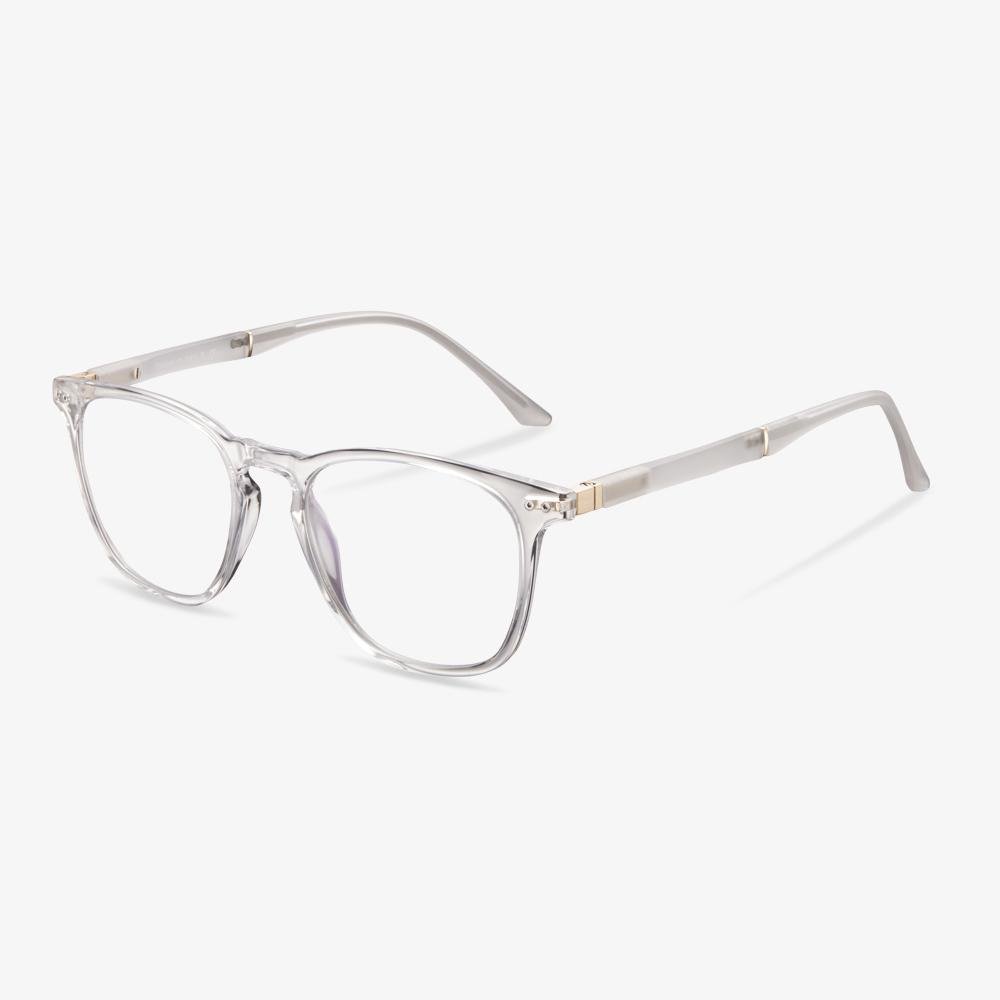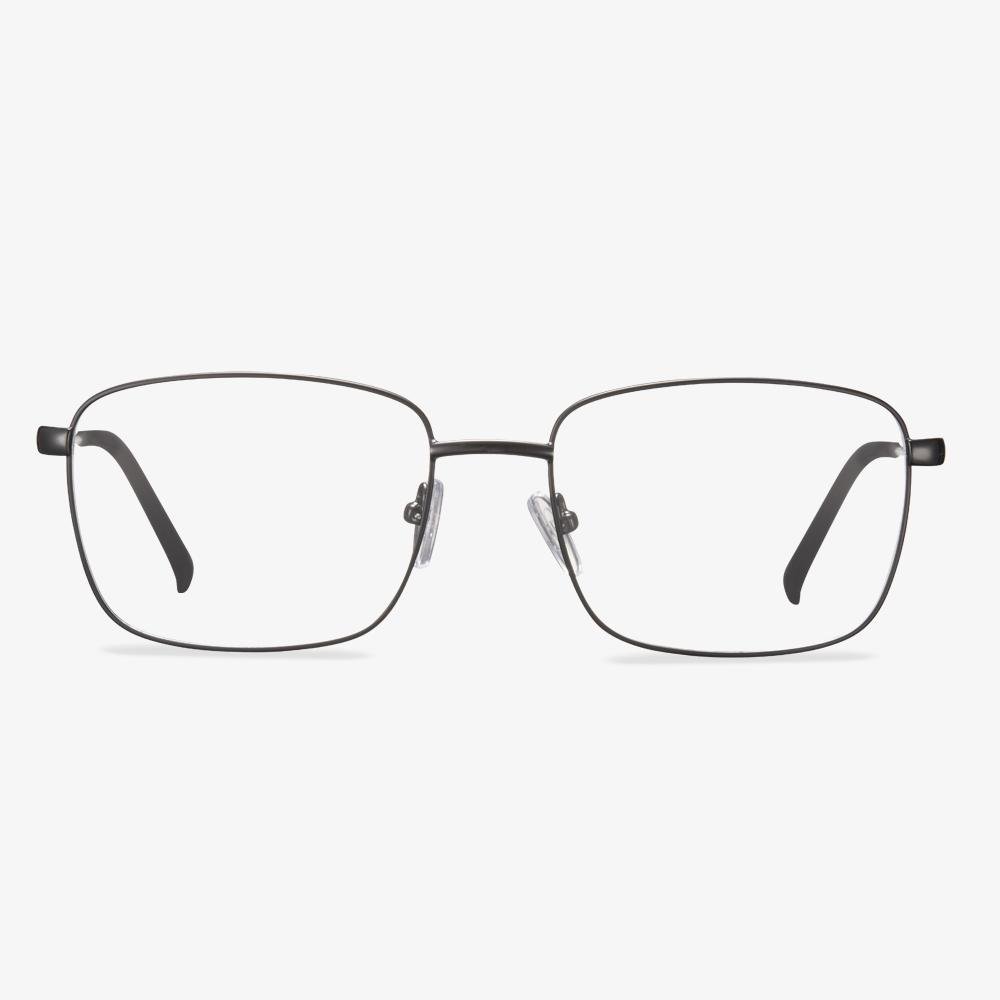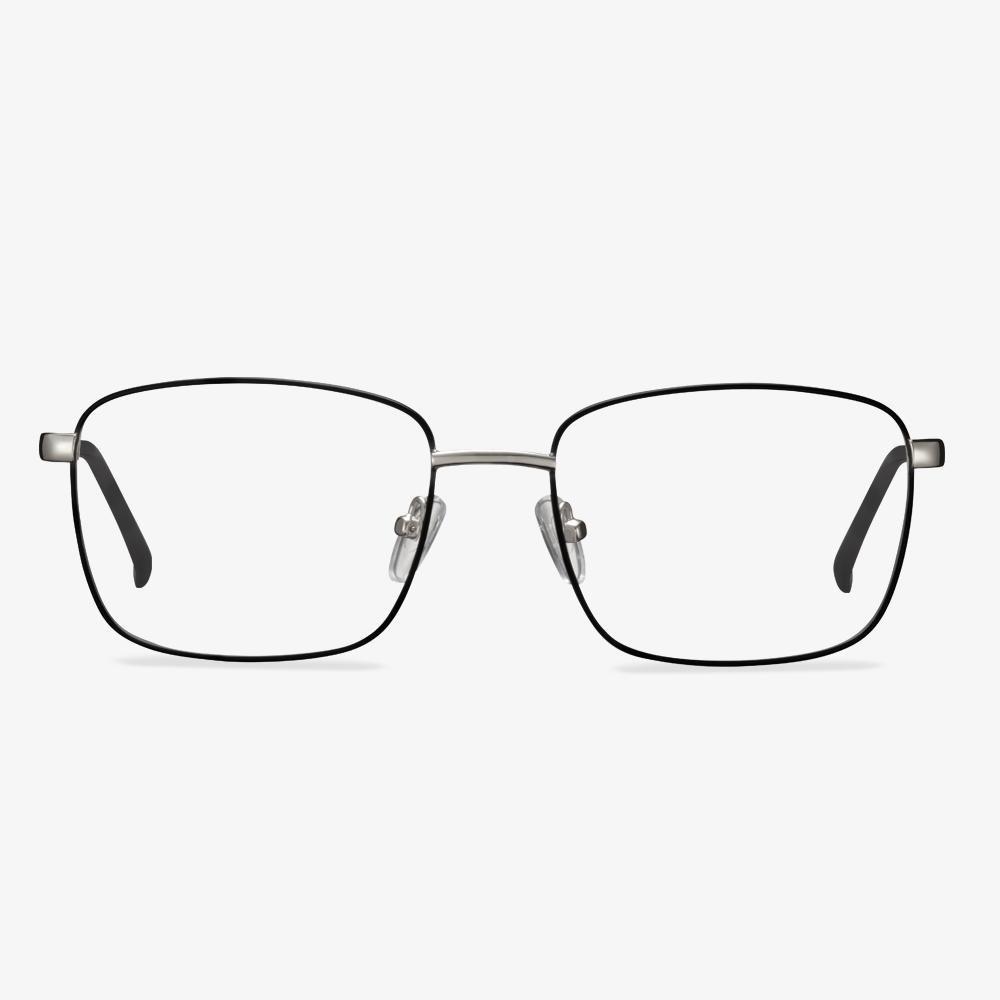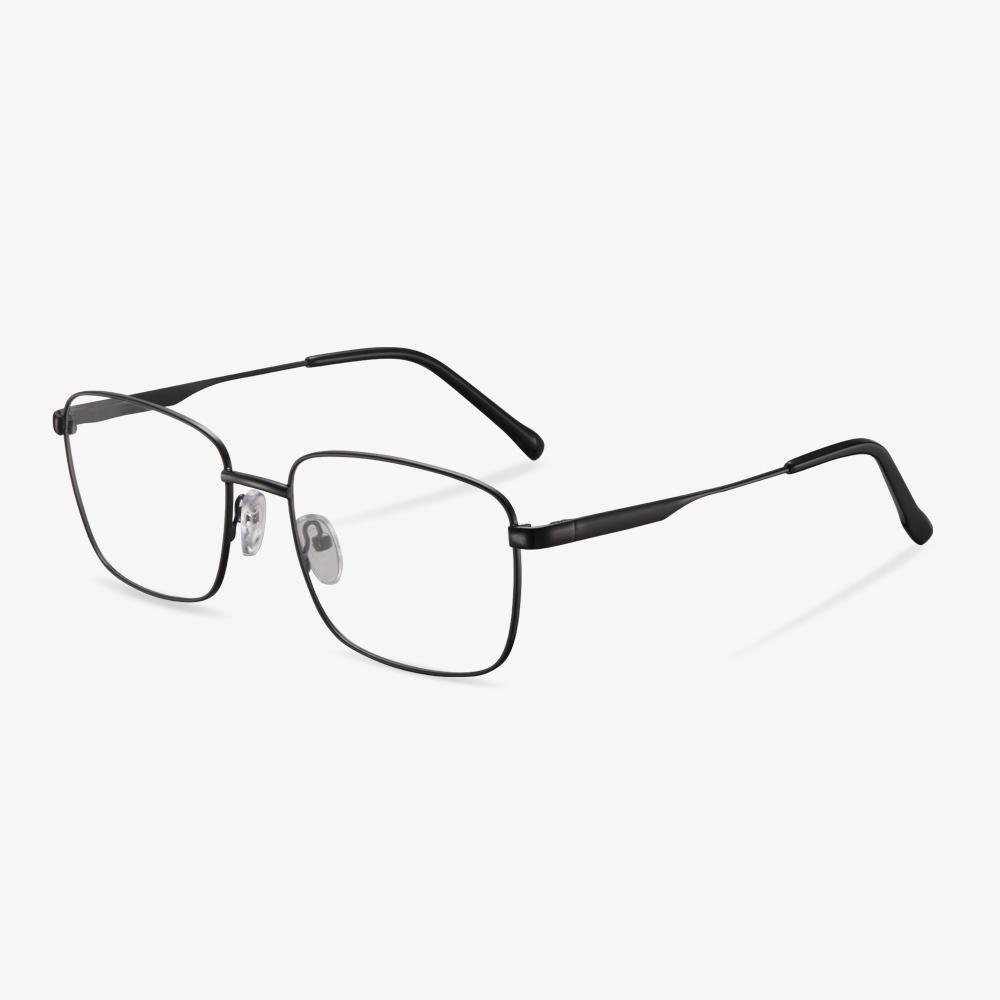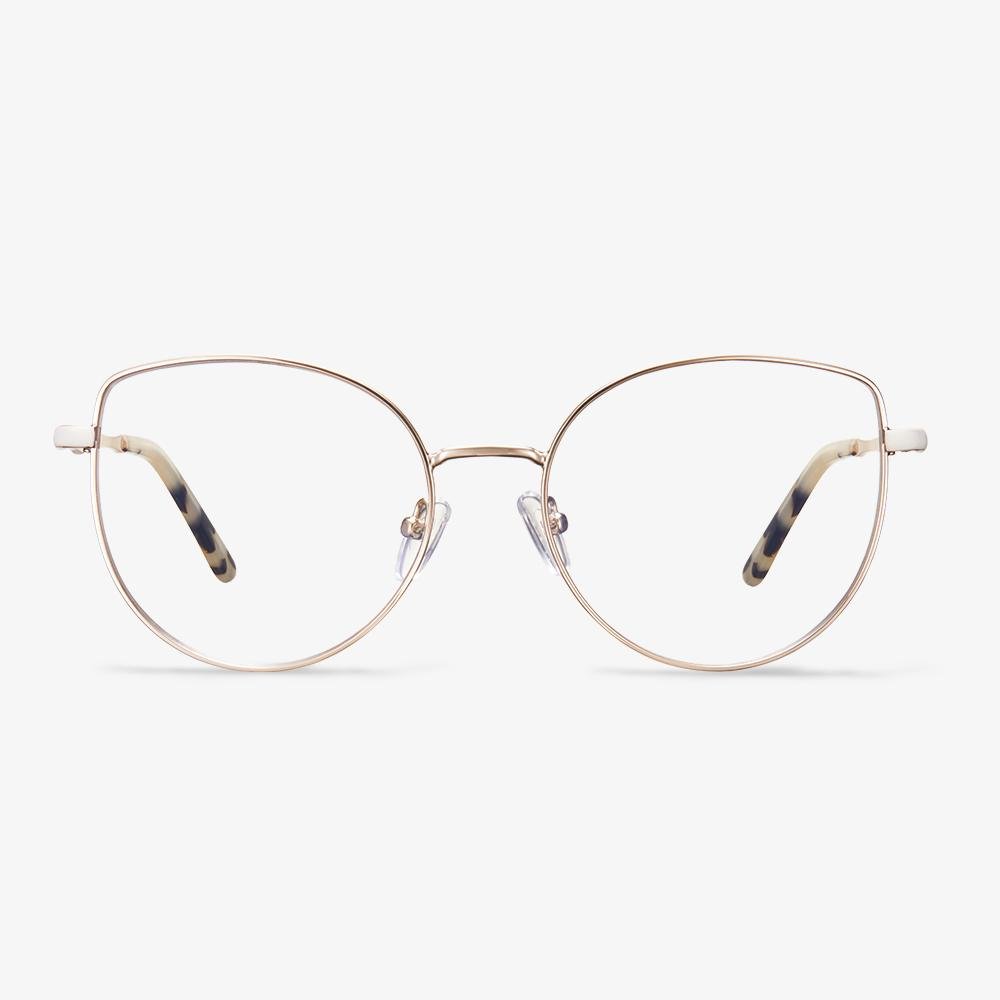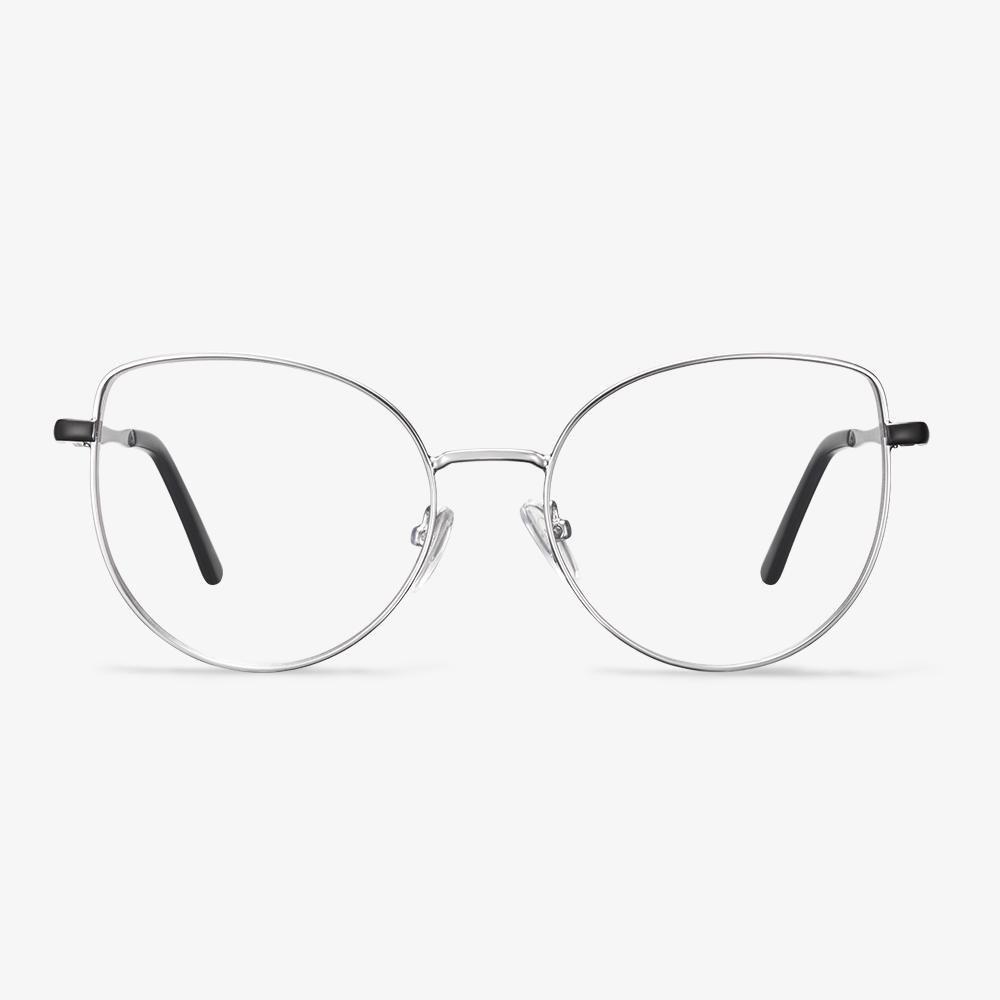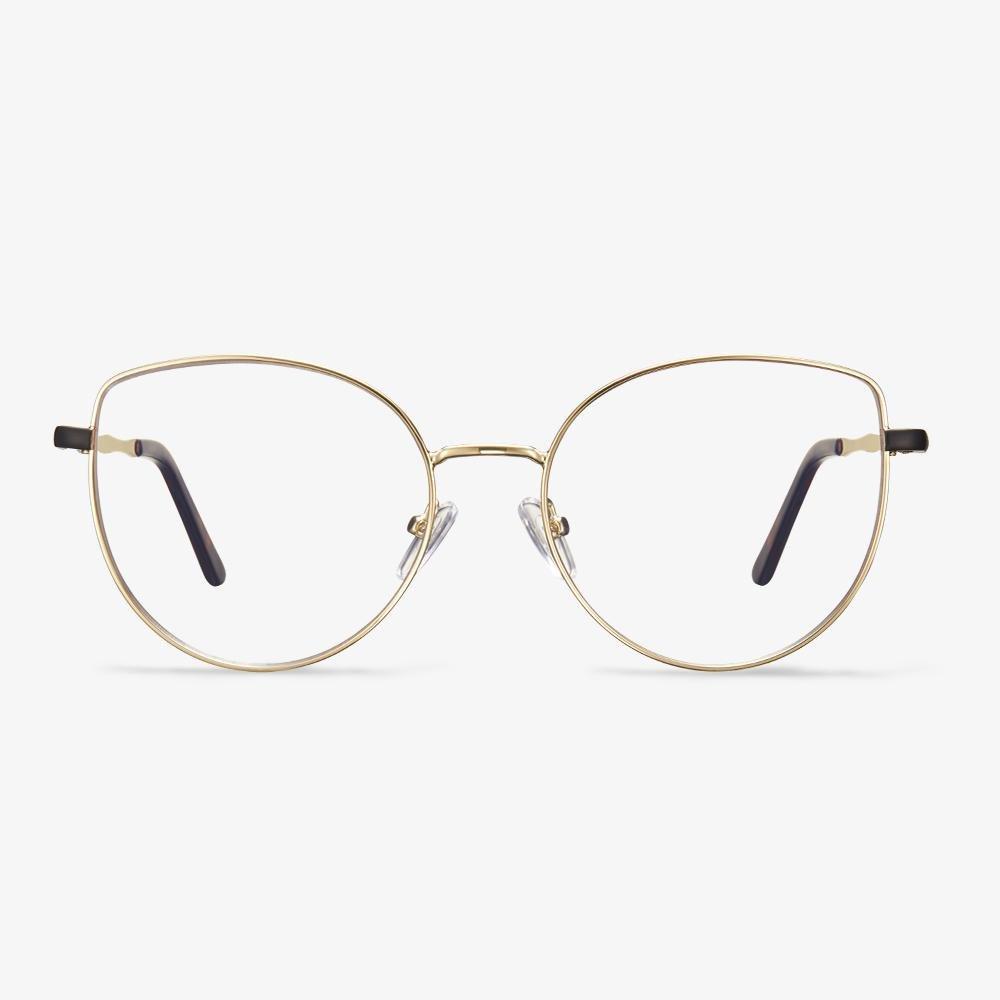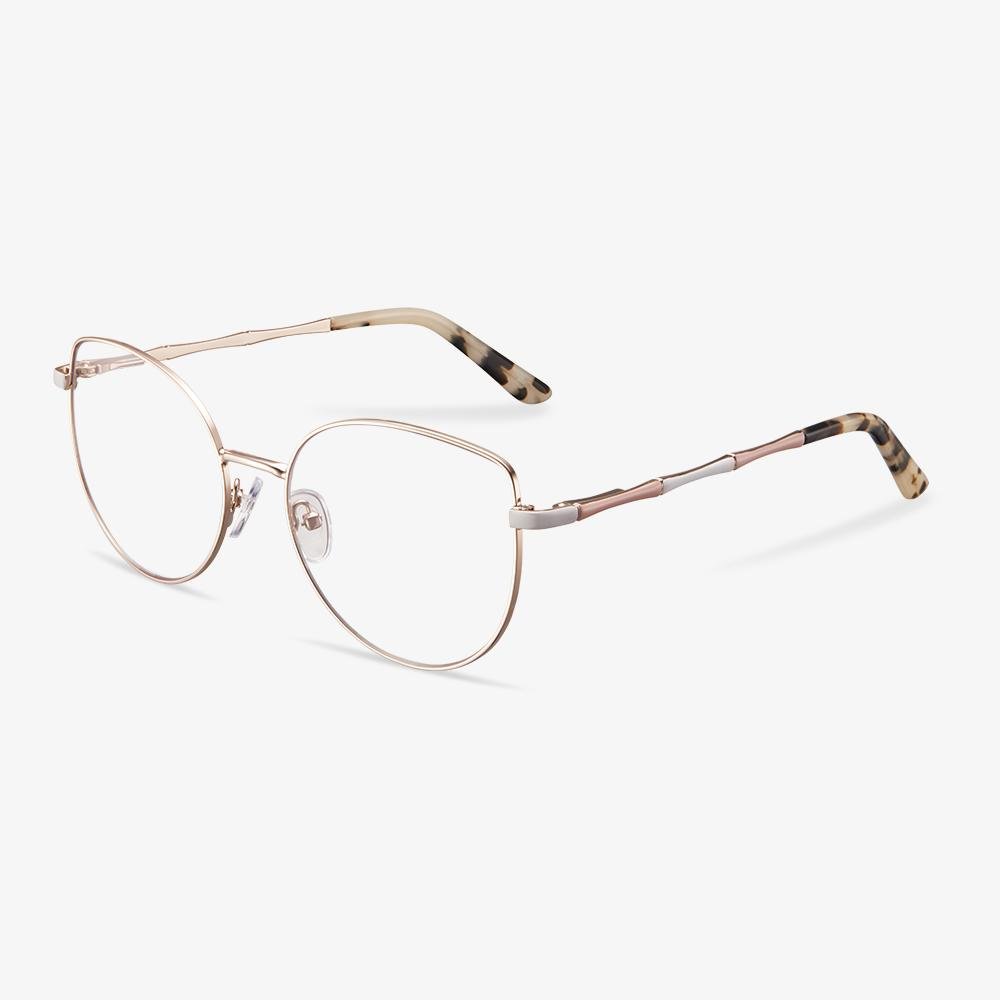Myopia, commonly known as nearsightedness, is a vision condition where distant objects appear blurry while close objects can be seen clearly. It affects millions of people worldwide and can progressively worsen over time, potentially leading to more severe eye problems. However, there are several proactive measures individuals can take to reduce the progression of myopia and maintain better eye health. In this article, we will explore various strategies to help reduce myopia and promote clearer vision.
Regular Eye Examinations
One of the most crucial steps in managing myopia is to schedule regular eye examinations with an optometrist or ophthalmologist. These professionals can monitor the progression of myopia and provide tailored advice and treatments based on your specific needs. Early detection and intervention are essential in preventing myopia from worsening.
Corrective Lenses
Corrective lenses, such as eyeglasses or contact lenses, are a common and effective way to manage myopia. They provide clear vision by compensating for the refractive error. Regularly updated prescriptions are vital, as myopia can change over time, and wearing outdated lenses can lead to further progression.
Orthokeratology (Ortho-K)
Orthokeratology, often referred to as Ortho-K, involves the use of specialized gas-permeable contact lenses that reshape the cornea while you sleep. These lenses temporarily correct myopia during the day, reducing the need for glasses or regular contact lenses. Ortho-K has shown promise in slowing the progression of myopia in children.
Atropine Eye Drops
Atropine eye drops, when prescribed by an eye care professional, can help reduce myopia progression in some individuals, particularly children. These eye drops work by temporarily relaxing the eye's focusing mechanism, which may slow down the elongation of the eyeball associated with myopia.
Outdoor Time
Spending more time outdoors, particularly in natural daylight, has been linked to a reduced risk of myopia progression, especially in children. The exact reasons for this correlation are still under study, but it is believed that exposure to outdoor light and distant objects may help to counteract the development of myopia.
Reduce Screen Time
Excessive screen time, particularly in front of digital devices, can contribute to myopia progression. The phenomenon is often referred to as "screen-induced myopia." To reduce the risk, follow the 20-20-20 rule: every 20 minutes, take a 20-second break, and look at something 20 feet away to relax your eyes.
Proper Lighting
Ensuring good lighting conditions while reading or working on screens can reduce eye strain and potentially slow myopia progression. Avoid reading in dimly lit areas, and use task lighting to illuminate your workspace adequately.
Healthy Lifestyle Choices
Maintaining a healthy lifestyle can positively impact eye health. A diet rich in nutrients like vitamin A, C, and E, as well as foods containing lutein and zeaxanthin (found in leafy greens and eggs), can support eye health. Additionally, staying physically active and managing stress can contribute to overall well-being.
Limiting Near Work
Excessive time spent on close-up tasks, such as reading or using electronic devices, can strain the eyes and potentially contribute to myopia progression. Encourage breaks and outdoor activities to balance near work.
While myopia is a common vision problem, there are various strategies and treatments available to help reduce its progression and maintain healthy eyesight. Regular eye examinations, corrective lenses, and lifestyle adjustments can make a significant difference in managing myopia. It's essential to work closely with an eye care professional to create a personalized plan that suits your specific needs and helps you achieve clearer vision while safeguarding your eye health.

